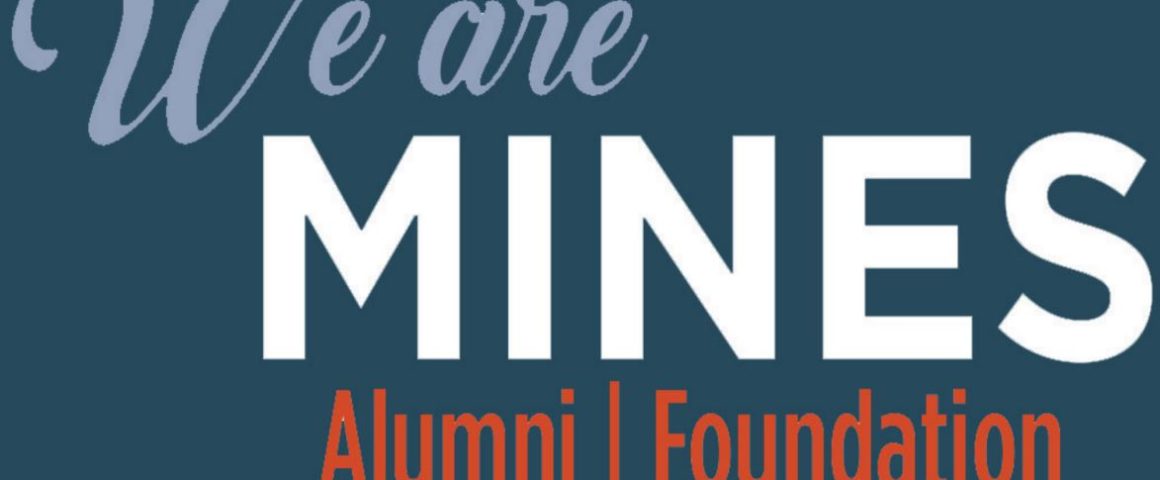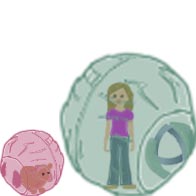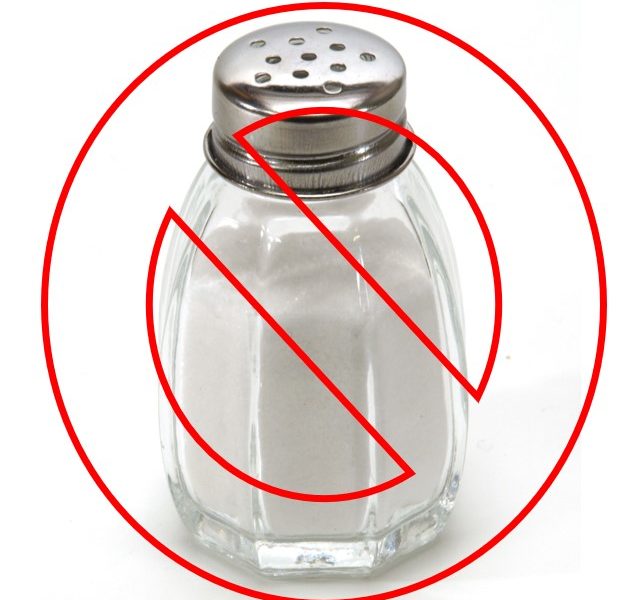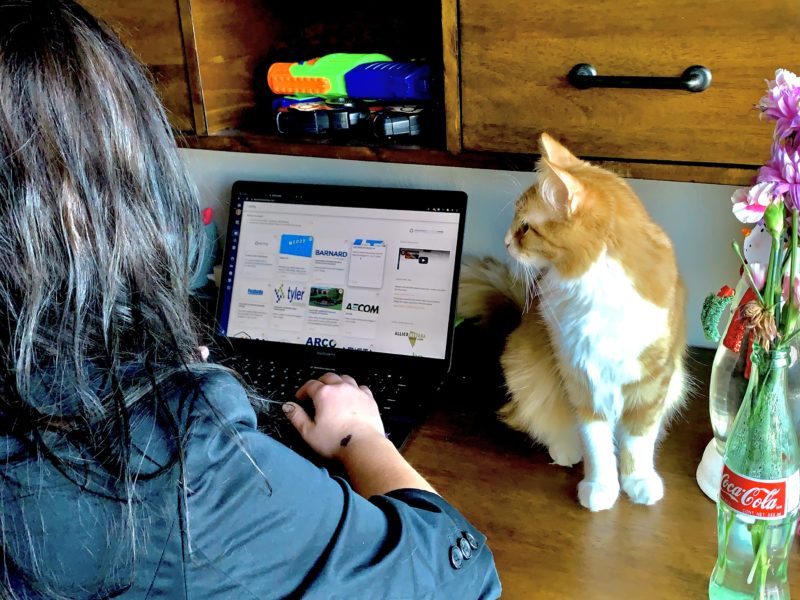The Colorado School of Mines Foundation is a money making machine. A non profit organization headquartered in the Starzer Welcome Center, the main part of its mission is to “advance Mines by raising and managing funds…” and its vision is to “be the essential partner to the entire Mines community…” according to its website. And in these areas it excels. At $50,000,000 this year the annual fundraising goal is greater than the entire value of the endowment in 1996 when it held $49,000,000. Today, the total value of the endowment is over $250,000,000. Truly, this is an awesome sum of money, and it does a tremendous amount of good, especially for students of our school.
As of June 30, 2017, 48% of monetary distributions from the endowment went to student financial aid and support. There are students who would be unable to attend Mines without a scholarship made possible by the endowment. Year to year though, most funds in the endowment are never distributed. Infact, according to Steve Kreidler, the Foundation’s Vice President for Finance, the Foundation aims to not spend any money donated to the endowment. Instead, the money is invested in a diverse portfolio of low risk assets including stocks, bonds, and equities by a team of professional fund managers. It is typical that the Foundation disburse an amount of funds that matches the interest they earn on the endowment. The interest averages around 8.2% annually, which exceeds the goal 6%. While it may be counter intuitive, not spending the donations themselves is a smart economic strategy because it allows for money to accumulate when the economy is healthy or need is low and ensures it is available in years when the economy is in a downturn or need is high as well as allowing the total to grow in the long term. So year after year the Foundation maintains an increasingly colossal investment on our behalves.
These funds hold a not insignificant amount of influence in our economy. In fact, according to the National Center for Education Statistics, university endowments in the United States as a whole were worth $542,000,000,000 at the end of fiscal year 2016. The influence of endowments in our economy is extraordinary and therefore the types of investments institutions choose to make are of vital importance. This brings me to the reason I am writing this article: investments made with our endowment funds, funds that when an alumni receives a call from the Diggerdial asking for a donation, they are informed will go mainly towards scholarships, student life, research, and technology, are actually placed in long term investments not subject to ethical standards of any kind. It is my opinion that the Foundation has a responsibility to make investments that are ethical and in line with the interests of this university, its students, this country and the world in order that the benefits of the endowment are not outweighed by negative externalities.
In order to ensure this is the case it is my opinion that the Foundation should examine potential consequences that could occur as a result of future investments before making them and review its current investment portfolio as well. This stands in contrast with what I understand is its current policy; making investments purely based on wealth growth. Some may argue that Mines would stand to lose money by investing more thoughtfully but I believe that given the very wide variety of investments available and the external benefits of making sound investment choices, that benefit to Mines would not have to be sacrificed to make more ethical investments. In particular it would be appropriate that Mines become less invested in carbon dioxide producing energy. While the University’s mission statement says that Mines “aspires that our graduates, ideas, actions and innovations will have a transformative impact on individuals and society, leading to shared prosperity and sustainable use of the Earth’s resources,” around 8% of the endowment is invested in fossil fuels while the national average for university endowments is 4%. This amounts to around $20,000,000. It is widely agreed upon by scientists that combusting fossil fuels at the current rate is an unsustainable use of the Earth’s resources due to its contribution to air pollution and climate change (and therefore global warming, ocean acidification, sea level rise, floods, droughts, and loss of biodiversity). All of these have the potential to harm economically or physically Mines graduates and the school itself. It is my opinion that climate change is one of the greatest dangers to the continued prosperity of humanity.
As a largely STEM based institution on the cutting edge of resource use and sustainability, how we invest our endowment sets an example to smaller and less scientific schools as to what is an appropriate investment and what is unsustainable. Investment in combustion based energy is definitely not the only thing that Mine should take care to distance itself from. Other examples of companies that may make poor investment choices for Mines even if they are highly profitable are companies that mistreat their workers, are aligned with countries which are adversaries of the United States or commit human rights abuses, or produce products harmful to human health. Divesting from these sorts of companies is also consistent with Mines’s mission statement.
This is not an exhaustive list and the process of moving the endowment to more sustainable investments may not be easy, especially given the presence of mutual funds and even funds containing funds but it is nonetheless worthwhile. If the Foundation takes it upon itself to examine its investment choices and shift towards investments which will promote a better world, it will set an example to other Colleges and Universities that ultimately will have “a transformative impact on individuals and society.”





'The Ethics of Endowments' has 1 comment
May 1, 2021 @ 10:16 am kAYLEIGH
4:3:4:12:36 +48 ONSITE ADDITIONAL.